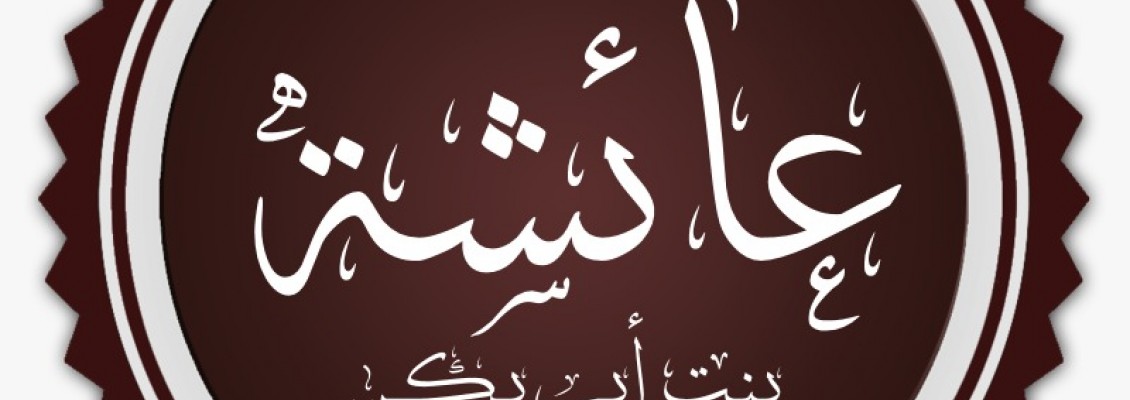
AISHA
As with all matters, the Prophet ﷺ was an exemplary man with regards to family life. Aisha, may Allah be pleased with her, is one of the most important female figures in the history of Islam, known by the nickname habibah al rasullulah (beloved of the Prophet). She plays a crucial role in the transmission of how he behaved around his family and how he treated them.
In addition to being the wife of the Prophet ﷺ, she was one of the top narrators of Hadith (the sayings of the Prophet)—in fourth place with the 2210 Hadith she conveyed from him. She played an active role in politics, especially after the death of the Prophet Muhammad. She is also the daughter of Abu Bakr, may Allah be pleased with him: one of the first Muslims, the first caliph, and close friend of the Prophet.
The family bond between Aisha and the Prophet was based on love, understanding and respect. She used to race with the Prophet, who showed great affection and love for her. There is a story about how leaned on his shoulder as she watched a group of Abyssinians playing war games with their spears in the Masjid Nabawi.
Among his wives, the Prophet loved her the most after the Khadija, the first wife of the Prophet ﷺ. It was her name he gave in response to the question of whom he loved the most in the world, and he openly expressed this love.
Omar—the second Khalifah—always sought the opinion of Aisha in fiqh (Islamic law) matters pertaining to women. Among the Companions of the Prophet, Aisha is one of seven people famous for giving numerous fatwas (rulings).
One of the most distinctive features of Aisha is how active she was in teaching the principles of Islam. After the death of the Prophet ﷺ, her house became a place of knowledge where many people, men and women, elders and children, came and listened to her, asked any questions they might have and received answers.
From the time of the Prophet Muhammad ﷺ, she was very busy with the education and training of women. She was surrounded by many girls and women who listened to lessons and transmitted Hadith. In this way, she showed, both personally and with the students she raised, that women in the Islamic world should be unreservedly engaged in propagating knowledge.
The knowledge obtained by Aisha was not limited only to religious sciences. She was also extremely knowledgeable in the fields of history, medicine, literature, oratory and the history of Arabia and the ancestry of Arab tribes. Aisha learnt the medicines given by the doctors, prepared them for the messenger of Allah, treated the wounded in the battles she participated in, and healed their wounds.
After the death of the Prophet, Aisha also played a very important role in politics. During the period of the four caliphs and the reign of Muawiyah, she was consulted for her ideas and offered political guidance. Her knowledge and ideas were valued, and her thoughts were taken into consideration when decisions were made. During the era of the caliphs, she acted on what she thought was true and tried to bring peace and unity to the Islamic Ummah (community). Due to some sad events during this period, she later regretted this situation.
Aisha is one of the best role models for Muslims with her knowledge, intelligence, beautiful heart and faith. She is an example to us all, not due to her extensive knowledge, but also due to her human values.

Leave a Comment